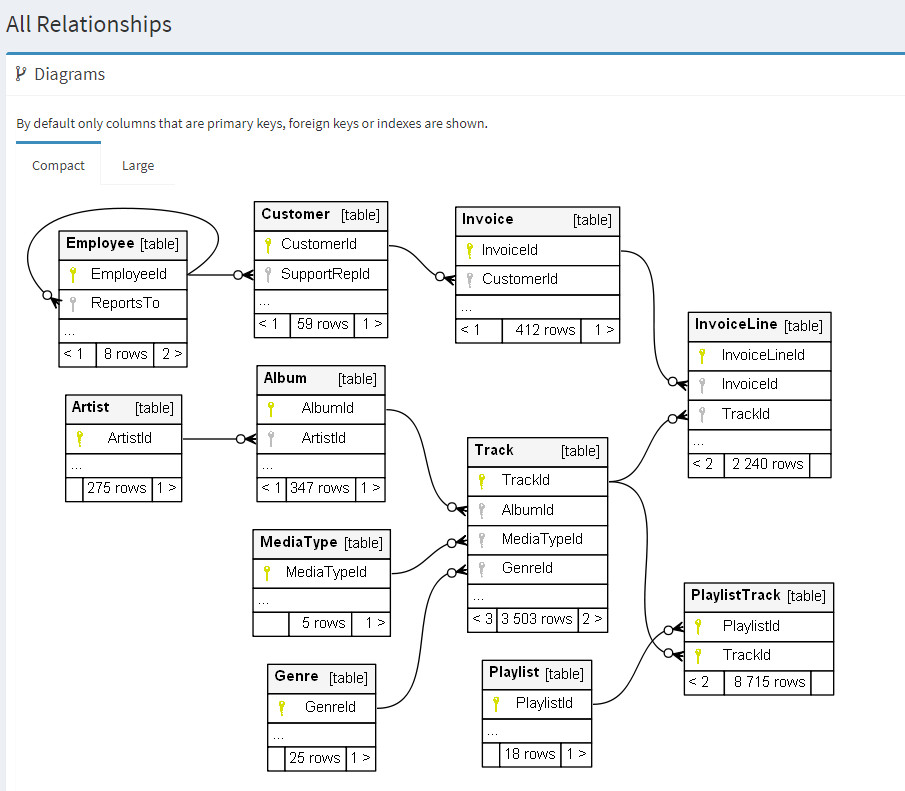Invisible Disease Awareness
“According to the Disabled World website, an estimated 10% of the U.S. population has what could be considered an ‘invisible’ disease, defined as a health condition that causes significant impairment and undermines the overall quality of life but does not outwardly manifest itself in ways that are apparent to others.” [1]

While normally our focus is Postgres, we wanted to take a moment to bring attention to the People side of People, Postgres, Data. May is mental health and Ehlers-Danlos awareness month. Ehlers-Danlos Syndrome (EDS) is a rare condition that affects the collagen throughout the entire body, resulting in dislocations, subluxations, lack of joint stability and support, tendinosis, and debilitating pain. There is no cure and the symptoms are life long.
In 2020, PostgresWarrior (AKA Amanda Nystrom) was diagnosed with Hypermobile EDS and Fibromyalgia. She is an instrumental and invaluable member of the People, Postgres, Data community. She has driven us forward in ways that so many of us never see and yet require to succeed. Many of our community are affected by invisible diseases - let's take a moment to appreciate what they accomplish and fight for in Postgres/Open Source.
Upcoming webinars | RSVP here
-
May 25, 1pm ET: Creating a Resilient PostgreSQL Cluster with Kubegres
-
June 15, 1pm ET: When it All Goes Wrong - Incident Response in Large Postgres Databases
-
June 23, 1pm ET: Making Postgres Fly on Kubernetes
-
June 29, 1pm ET: Implementing Cluster File Encryption in Postgres
| 24x7x365 Postgres & Linux servicesCommand Prompt, Inc.The last of the original Postgres companies |
|
Sponsored |
Community Chat
Our Discord Channel has 2000 community members waiting to participate in your Postgres success. Join us today with a community that has rule #1 of: Be Nice.
Podcasts
- Building Your Data Warehouse On Top Of PostgreSQL - Episode 186
- More than a Refresh: Stephanie Kirmer, Data Scientist for Saturn Cloud
- https://www.socialworktoday.com/archive/072417p32.shtml

